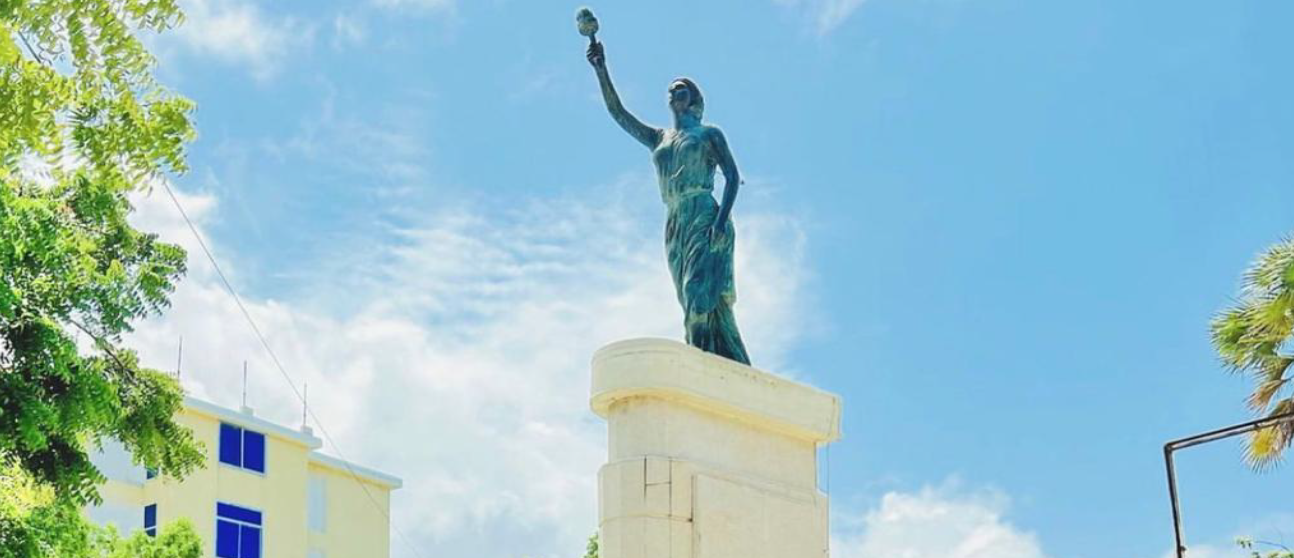Museums, long seen as bastions of cultural knowledge, are increasingly being scrutinized for their role in perpetuating colonial narratives and power structures. The movement to “decolonise the museum” is a multifaceted response, challenging the Eurocentric lens through which collections are acquired, displayed, and interpreted. Decolonising the museum is not simply a static process of rearranging objects or correcting labels. It demands a profound shift in institutional mindset, a dismantling of colonial legacies, and a commitment to genuine collaboration and inclusion.
Ezzeldin Hajjaj, 2024
For me, the SAWA programme was a great way to exchange ideas, raise more questions and enhance my understanding of the importance of decolonising museums in different cultural contexts. Therefore, it is a platform for me to meet and engage in meaningful discussions about the practices, challenges and perspectives related to museums in Sudan. My experience in Berlin made it clear to me that colonial behavior still exists, even if colonialism has officially ended, and this is reflected in many forms, including the work of museums.The Berlin experience helped me to reconstruct decolonising practices from an African perspective and the Sharjah experience contributed to creating more discussions and questions about decolonisation in the Gulf region and what to expect in the future from museums and cultural institutions.
For me, and in the African context specifically, decolonization involves reimagining how museums work, who they work with, what they value, and most importantly, redefining the museum concept in the context of African cultural history and its diverse manifestations. decolonisation covers all areas of practice and creates a framework to better support people and institutions. Therefore, Decolonization is a collective activity that can be messy, thoughtful, imaginative, and emotional. It is driven by a desire for justice, equality, and fair representation in that it aims to rebalance power and representation away from the colonizer’s narrative of history and society. This work is intersectional, as it challenges structural inequalities across the board to redress historical and ongoing forms of harm.
Ilyas Abdikarim Abdi, 2023
I chose this term because it speaks to my desire to empower my people by engaging with the often painful past and advocating for responsible representation in cultural institutions. Decolonisation is about recognising past wrongs and working towards a future where cultural institutions represent diverse voices and histories responsibly.
Colonisation stole, but it couldn't break our spirit. Decolonising the museum isn't about forgetting, it's about remembering our strength and weaving it back into the fabric of our future.

Sina Meschke, 2023
For me, the term decolonising museums means empowering communities by addressing painful historical legacies and advocating conscientious representation through questioning cultural institutions. In the European context, this term takes on a prominent meaning as it calls for a critical examination of the Eurocentric perspectives embedded in museum narratives. At its core, decolonisation is about acknowledging historical injustices and striving for a future in which cultural institutions reflect diverse voices and histories. The need to challenge Eurocentrism is clear: by breaking down entrenched colonial narratives, we pave the way for a more inclusive, equitable and balanced representation of cultural heritage. This term becomes a rallying point for responsible curation, transformative dialogue, and the museum as a space that respects the diversity of voices and narratives that make up our global history.
...decolonising museums is an essential step towards a more equitable and inclusive representation of cultural heritage. Through the efforts of young museum enthusiasts and collaboration between different regions, we can bring about profound change and celebrate the richness and complexity of cultural heritage.